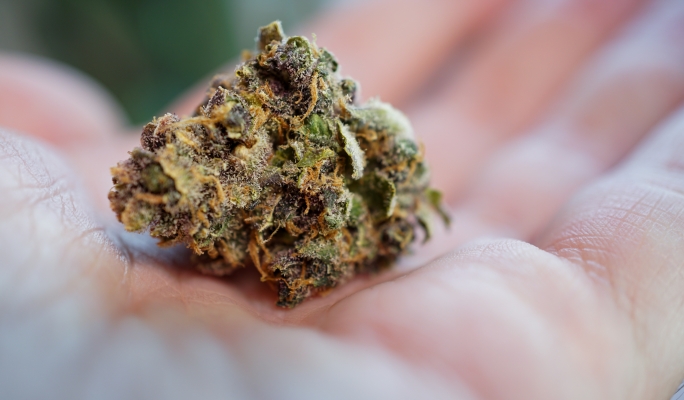Cannabis Law Podcast: Understanding the CannaBoies Lawsuit | Husch Blackwell LLP

- A group of large cannabis companies based in Massachusetts filed a lawsuit against the U.S. attorney general, Merrick Garland, on October 26, 2023. The lawsuit alleges that the Controlled Substances Act exceeds its power by banning cannabis from purely intrastate commerce, going beyond the constitutional power of Congress to ban cannabis from interstate commerce.
- The plaintiffs argue that highly regulated state markets actually decrease interstate cannabis commerce and that cannabis isn’t fungible anymore. They argue that state-legal products are easily distinguishable from illegal ones due to their tracking, tracing, packaging, labeling, and testing. They also argue that Congress has deviated from its original goal of banning intrastate cannabis to prevent it from entering interstate commerce, providing examples of the various federal spending bills supporting state-legal medical cannabis and the fact that D.C. allows for medical cannabis.
- The lawsuit has the potential to be a landmark case for the cannabis industry. The plaintiffs’ counsel believes that, given the potential for the case to reach the Supreme Court on appeal, the federal government will handle this case carefully.
Massachusetts Cannabis Companies Challenge U.S. Controlled Substances Act
On October 26, 2023, a coalition of major cannabis companies in Massachusetts instigated legal proceedings in the U.S. District Court for the Western District of Massachusetts against U.S. attorney general, Merrick Garland. They argue that although Congress has the authority to prohibit cannabis from interstate trade, the Controlled Substances Act (CSA) oversteps this boundary by also banning cannabis purely within state borders. The claim states that the Commerce Clause and the Necessary and Proper Clause of the Constitution do not give Congress overarching jurisdiction over purely intrastate commerce. Prestigious civil rights trial firm, Boies Schiller Flexner, LLP, is representing the plaintiffs, with Joshua Schiller leading the litigation.
Arguments for State-regulated Cannabis Commerce
The plaintiffs contend that tightly regulated state markets actually minimize interstate cannabis commerce, as stringent state regulations lessen illegal interstate transactions. They argue that cannabis products aren’t indistinguishable — state-legal products, which are monitored, packaged, and tested according to strict state regulations, are clearly different from illegal ones. Furthermore, they posit that Congress has abandoned its original intent of banning intrastate cannabis to prevent interstate commerce. Evidence includes ongoing federal spending bills supporting state-legal medical cannabis, Washington D.C.’s medical cannabis allowance, and previous Justice Department memos, which essentially delegated control over intrastate cannabis to the states.
Insights on a Landmark Lawsuit
Husch Blackwell’s Hilary Bricken and Joshua Schiller of Boies Schiller Flexner discuss the complex details of this potential landmark case, its importance for the future of the cannabis industry, and expected federal government responses. They also explore the possibility of the case reaching the Supreme Court on appeal.
—
Read More Cannabis News



Leave a Comment